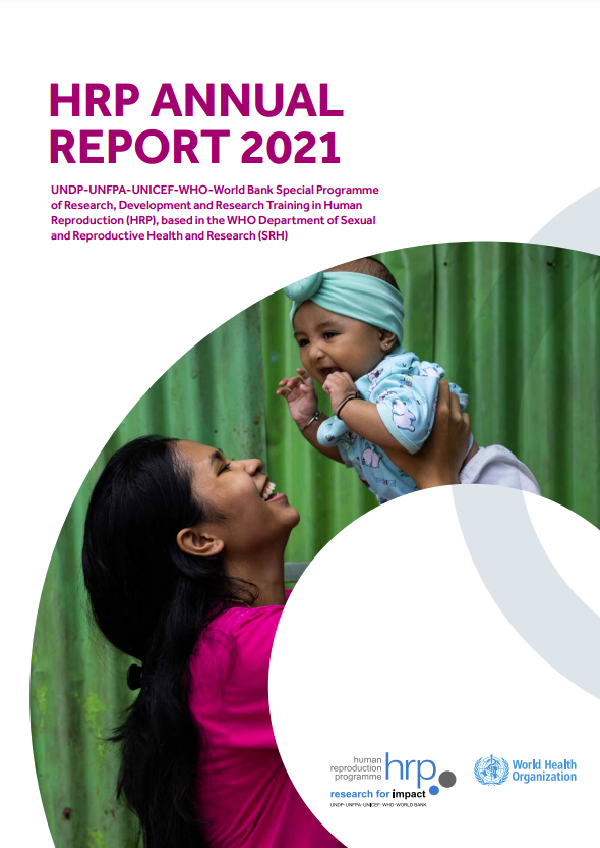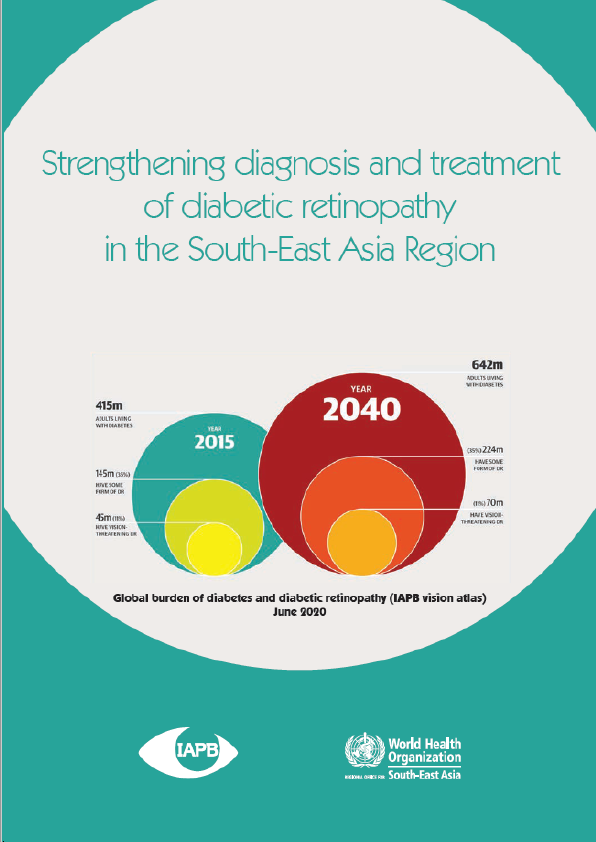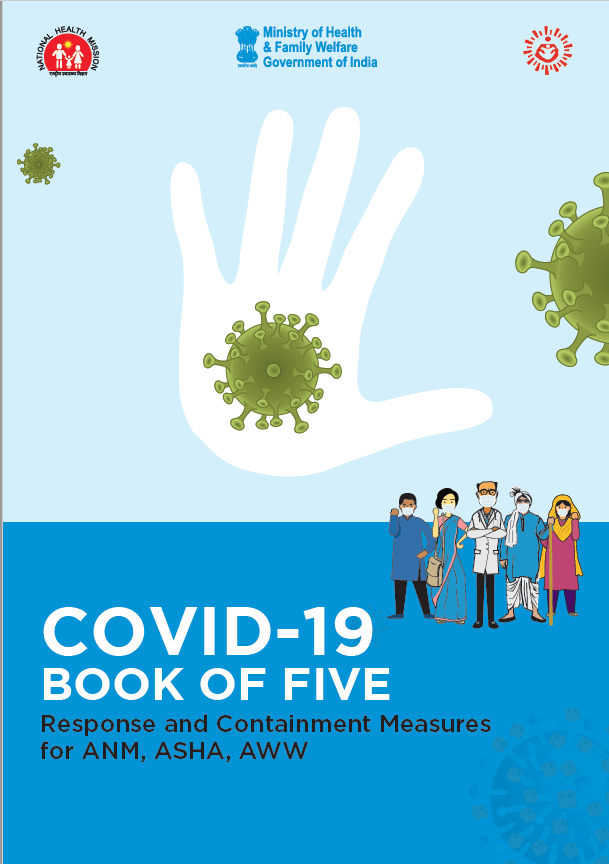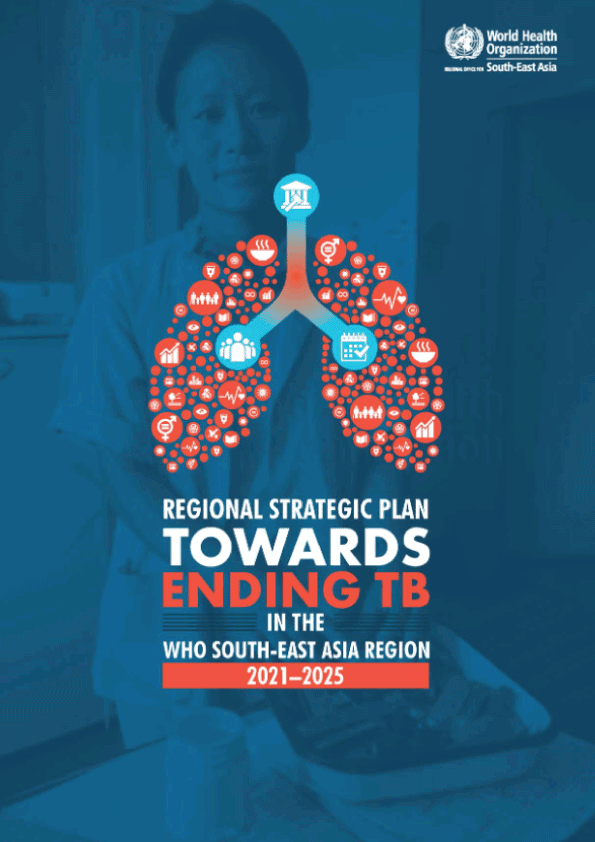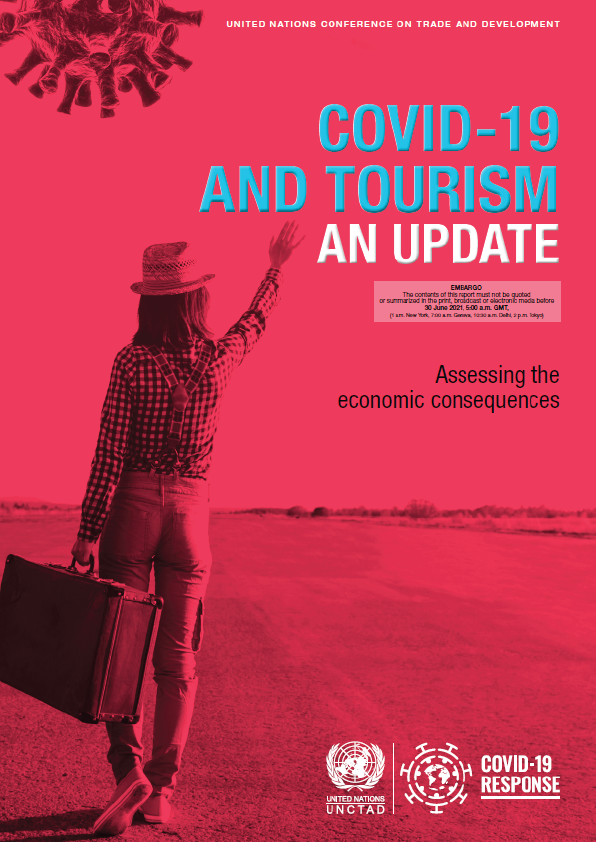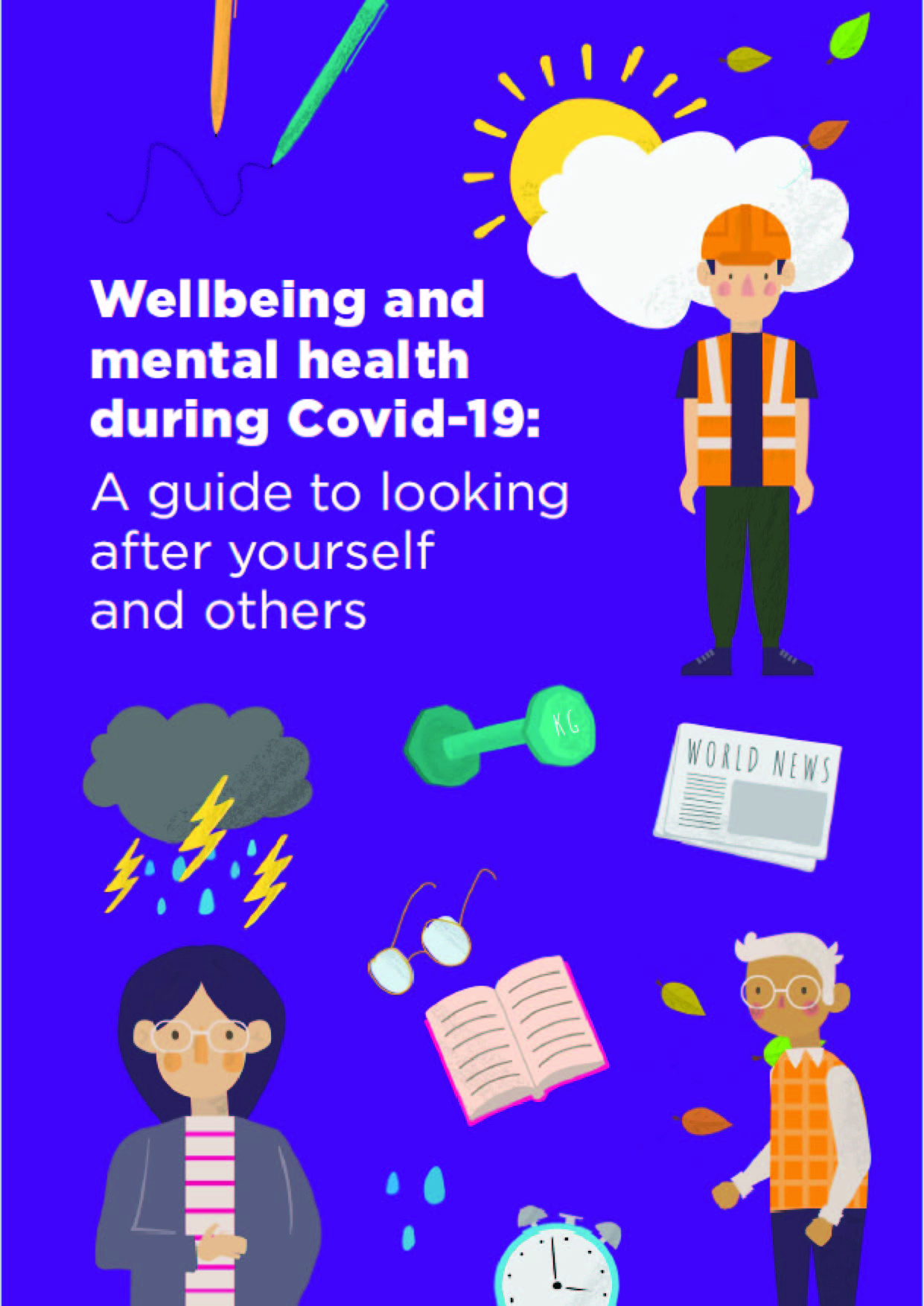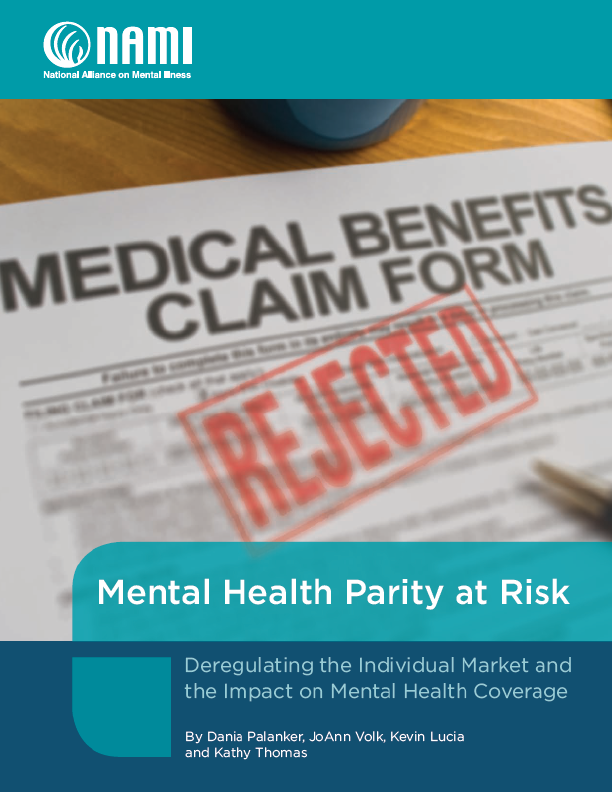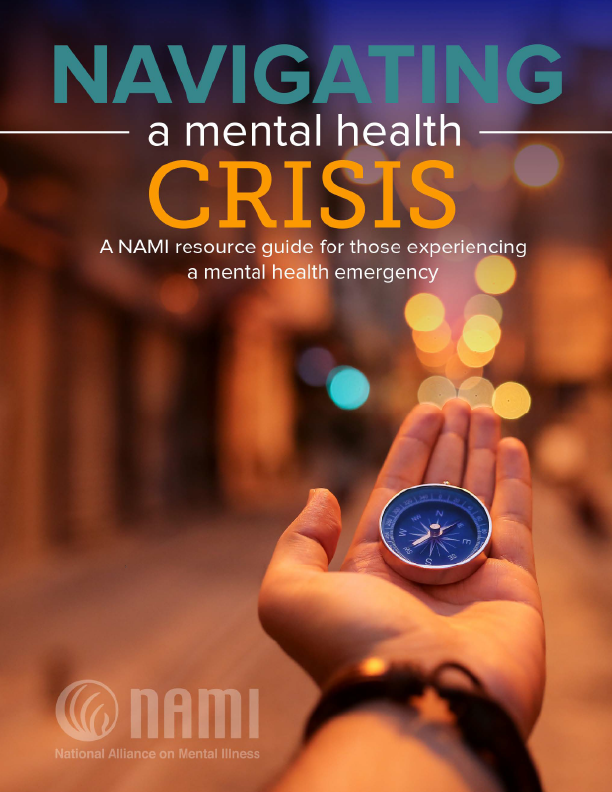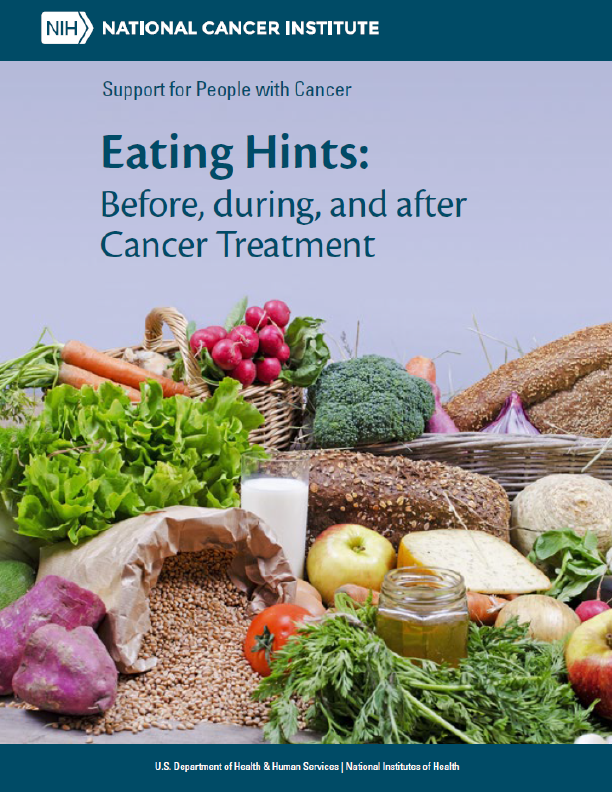The UNDP-UNFPA-UNICEF-WHO-World Bank Special Programme of Research, Development and Research Training in Human Reproduction (HRP) has been providing leadership on sexual and reproductive health and rights (SRHR) for 50 years.
Founded in 1972, we have a unique mandate within the United Nations (UN) system to lead research and to build research capacity for improving SRHR by generating and enabling the use of high-quality scientific evidence.
HRP is based at the World Health Organization (WHO) headquarters in Geneva, Switzerland, within the Department of Sexual and Reproductive Health and Research (SRH). We work collaboratively with partners across the world to shape global thinking on SRHR by providing new evidence-based ideas and insights. We support high-impact research, inform WHO norms and standards, support research capacity strengthening in low- and middle-income settings, and facilitate the uptake of new information and innovations – including clinical and behavioral interventions, digital technologies, and the research and development of new medicines and devices. An ethical, human rights-based approach that aims to reduce gender inequalities and structural inequities is integrated throughout our work. HRP shares the WHO vision of the right of every single person across the globe to attain the highest possible standard of sexual and reproductive health. We strive for a world where human rights that enable sexual and reproductive health are safeguarded, and where all people have access to quality and affordable sexual and reproductive health information and services.
WHY SEXUAL AND REPRODUCTIVE HEALTH AND RIGHTS (SRHR)?
The right to sexual and reproductive health for the well-being of individuals, families, and communities, and for sustainable development, is internationally recognized.
The Sustainable Development Goals (SDGs); the UN Secretary-General’s Global Strategy for Women’s, Children’s and Adolescents’ Health; the WHO Reproductive Health Strategy; and the Programme of Action of the 1994 International Conference on Population and Development all reflect a collective vision that underlines the importance of protecting all people’s human rights to access information and services that will enable them to achieve the highest standards of sexual and reproductive health.
While great progress has been made since HRP was established in 1972, huge challenges remain. A substantial proportion of women and couples are unable to plan whether and when to have children and how many to have. Too many women and newborns continue to die before, during, and after childbirth. Violence against women and girls – including harmful practices – remains widespread and is a human rights violation. Many individuals and couples are still unable to access information and services to ensure their sexual, reproductive, maternal and perinatal health, putting their well-being and lives at risk. Humanitarian crises and disease outbreaks threaten lives, livelihoods, health, and access to services for millions. And there are now more adolescents than at any time in history, greatly increasing the demand for high-quality services that meet their needs.
Better data are key. Accurate service statistics through robust health management information systems help front-line health workers to provide better services and care and enable managers to plan for equitable implementation; rigorously and ethically collected scientific evidence improves estimates of health conditions and strategic planning to address priority needs; and information from research and development, as well as intervention and implementation research, informs technology and health system innovations, policy, budgeting and programming at scale. Without continuing investments in research, as well as in improving the capacity of countries to conduct and use research, it is unlikely that national primary health systems will be able to effectively implement globally agreed norms and standards of care or achieve the goal of universal health coverage (UHC).
For 50 years, HRP has been conducting research with international and national partners to improve sexual and reproductive health and to safeguard the human rights of all people everywhere. We invite you to join us in our efforts – with your help, we can continue to improve lives worldwide.
